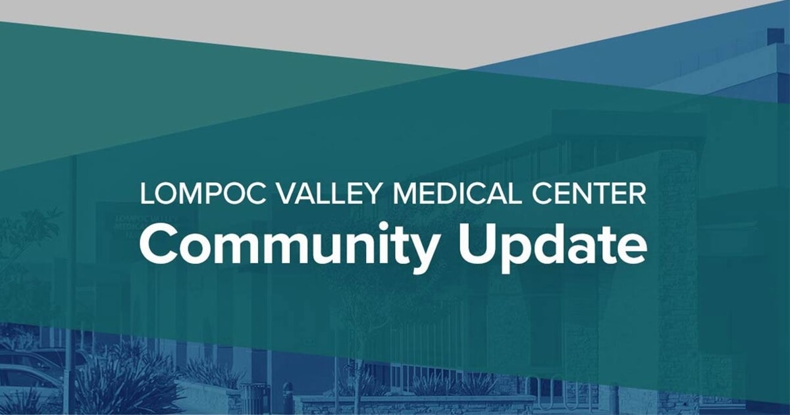Are You Hiding Depression?
- Category: Health & Wellness, Behavioral Health
- Posted On:
- Written By: Lompoc Valley Medical Center

What may begin as one bad day, turns into several in a row. And a month or two later, you may realize that those “sometimes blues” have started to become your new normal. Depression can come and go, or it can hit you all at once like a freight train. It’s really different for everyone.
Though, the one common denominator is just how common it can be. According to the Archives of General Psychiatry, nearly 15 million adults are diagnosed with a major depressive disorder each year. In fact, depression is so widespread that it is cited as one of the top three disruptive issues in the workplace and contributes to nearly $70 billion in medical costs and lost productivity.
The Signs and Symptoms of Depressions
Sometimes it is hard to diagnose depression given the fact that it can present with a wide variety of signs and symptoms including emotional and physical responses from a lack of interest in day-to-day activities to bodily aches and pains. Though, there are some common symptoms of depression. If you or someone you love is experiencing some or all of the following, you should consult a licensed professional with experience treating individuals with depression and other, related behavioral disorders.
- Prolonged feelings of guilt, worthlessness and sadness.
Those with depression often incessantly ruminate over past experiences that are associated with guilt, shame and anxiety - describing their feelings as a “black hole” where they feel apathetic towards the people and situations that they once enjoyed. - Changes in sleeping patterns.
One of the most profound effects of depression is a change in sleep – and it varies by each individual. Some experience nights of insomnia and others with depression may start to sleep longer and take naps during the day more frequently. - Persistent aches or pains.
One of the biggest misconceptions about depression is that it only affects your mental health. Depression has actually been shown to contribute to physical aches and pains in the body including back pain, muscle spasms, and gastrointestinal problems.
While depression is common, it is highly treatable with the right help from experienced professionals. If you do feel like you may be depressed, it’s important to remember that there are support groups, therapists and other resources in your community that are ready and eager to help.






.jpg)